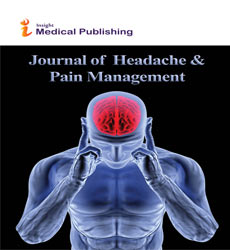Abstract
On the Randomisation Gallery:Random Reflections on a Popular Method in Medical Research
Objective: Randomized controlled trials (RCTs) and meta-analysis are increasingly utilized methods in medicine. There is, however, substantial critique on both from the theoretical as well as from the practical side.
Methods: Seven points on RCTs and three on meta-analysis were choosen to summarize the current critique. Studies critically reviewing the quality of meta-analyses in various fields of medicine were narratively reviewed.
Results: The typical RCT is short, performed on a small group of selected patients without severe comorbidity. It is expensive and favors drugs over other forms of therapies. Furthermore, neither patients nor doctors much like RCTs, they feel restricted in their choice of treatments. Finally, it can be problematic to obtain informed consent in disorders affecting decision making, e.g. acute psychosis severe depression or dementia. The evaluation of existing meta-analyses varied between acceptable and poor, good judgments were not often found.
Conclusion: The current uncritical use of RCTs and meta-analyses in medicine is not appropriate. Doctors using meta-analyses simply thinking to gather information efficiently are often unaware that there is evidence for bias.
Keywords: Randomized controlled trials; Meta-analysis; Quality assessment
Author(s):
Jochen Hardt
Abstract | Full-Text | PDF
Share this

Abstracted/Indexed in
- Google Scholar
- Directory of Research Journal Indexing (DRJI)
- WorldCat
- Secret Search Engine Labs
Open Access Journals
- Aquaculture & Veterinary Science
- Chemistry & Chemical Sciences
- Clinical Sciences
- Engineering
- General Science
- Genetics & Molecular Biology
- Health Care & Nursing
- Immunology & Microbiology
- Materials Science
- Mathematics & Physics
- Medical Sciences
- Neurology & Psychiatry
- Oncology & Cancer Science
- Pharmaceutical Sciences
